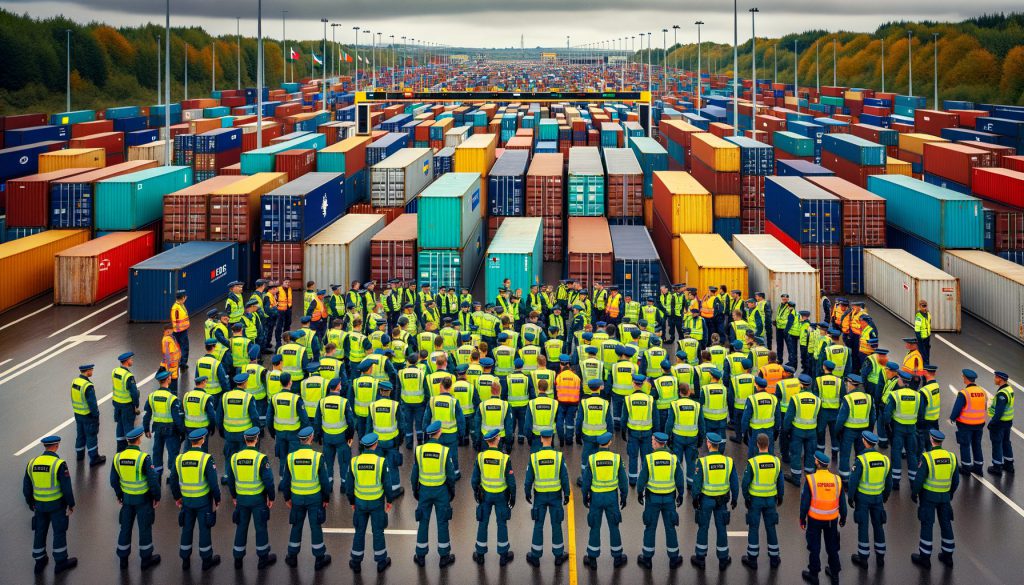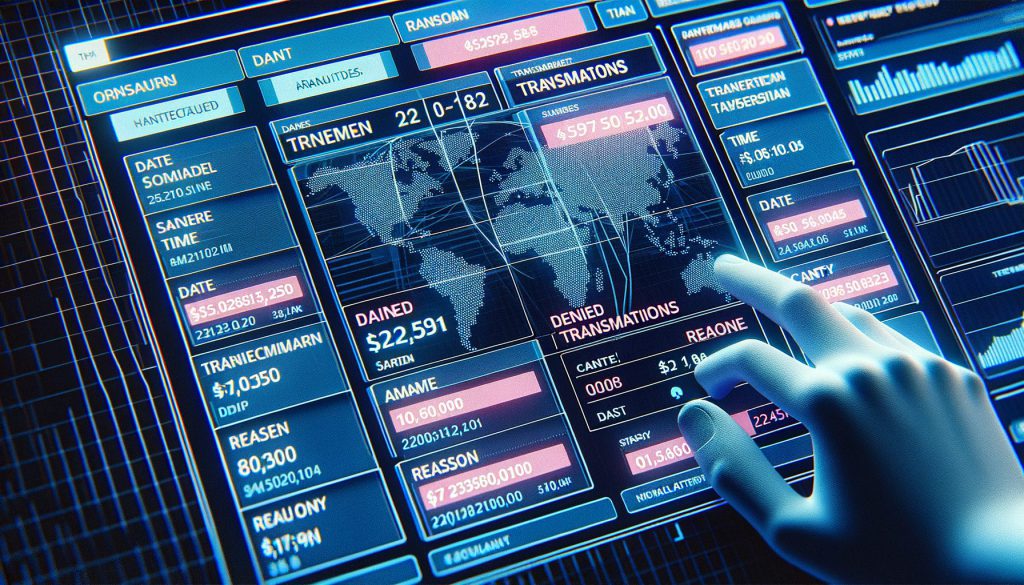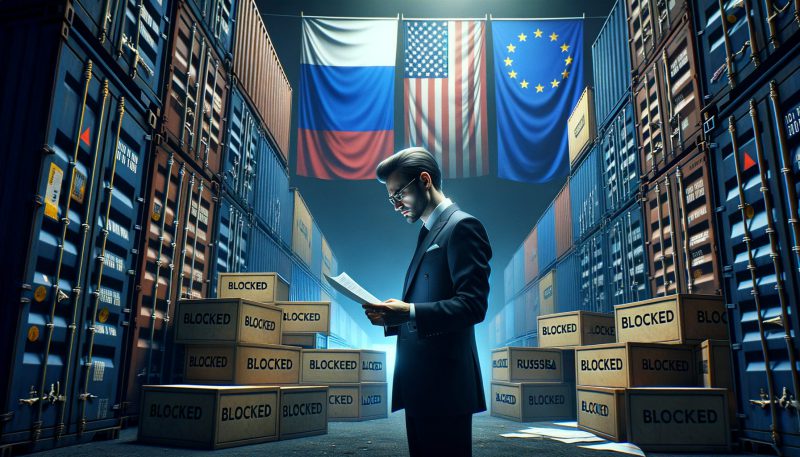EU sanctions on Russia hit European businesses harder than their target. Small exporters struggle with broken payment systems and trade barriers. The Italian-Russian Chamber of Commerce reports that export restrictions hurt European companies more than Russian ones.
Let’s learn more about this topic.
Also Read: Bitcoin: Here’s What Elon Musk’s Tesla Is Doing With Its BTC
Economic Impact of EU Sanctions on Russia: A Closer Look at European Exporters


Payment System Breakdown


European banks stopped working with Russia. This blocks most small companies from trading. “The sanctions hit the smallest European exporters, who would like to continue doing business within the legal and sanctions framework, the hardest,” says Ferdinando Pelazzo, Italian-Russian Chamber of Commerce president.
Transport Problems
Trucks can’t cross through Eastern Europe anymore. “The most convenient route from Italy to Russia is through the Baltic States. But now often every third or every second truck is turned back,” Pelazzo notes. Companies now ship through Turkey, which costs more and takes longer.
Also Read: Buy Jio Financial Shares: Revised Price Target 345: Analyst
Business Fear


Italian firms risk backlash for Russian trade. “In Italy, cooperation with Russia can cause problems even for individuals,” Pelazzo warns. This affects companies selling allowed goods like shoes and furniture. EU trade policy forces them to choose between their Russian market and local reputation.
Market Changes
Small European exporters face tough choices. The economic sanctions block normal trade routes. Many Italian businesses can’t afford new shipping methods. Those following the rules suffer most, while some find ways around restrictions.
Also Read: Tesla Q3 Earnings To Make TSLA A Magnificent 7 Stock?
These export restrictions reshape European business. Payment blocks and closed borders hurt small companies most. European exporters lose more money than Russian partners. The trade barriers push some firms toward costly solutions, while others abandon the Russian market entirely.





